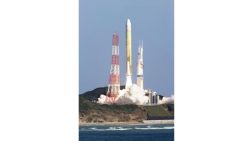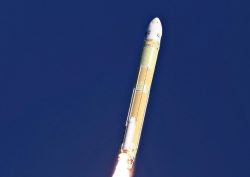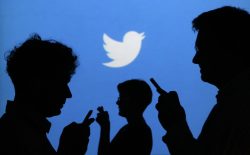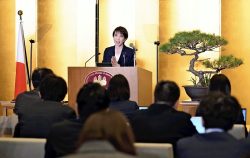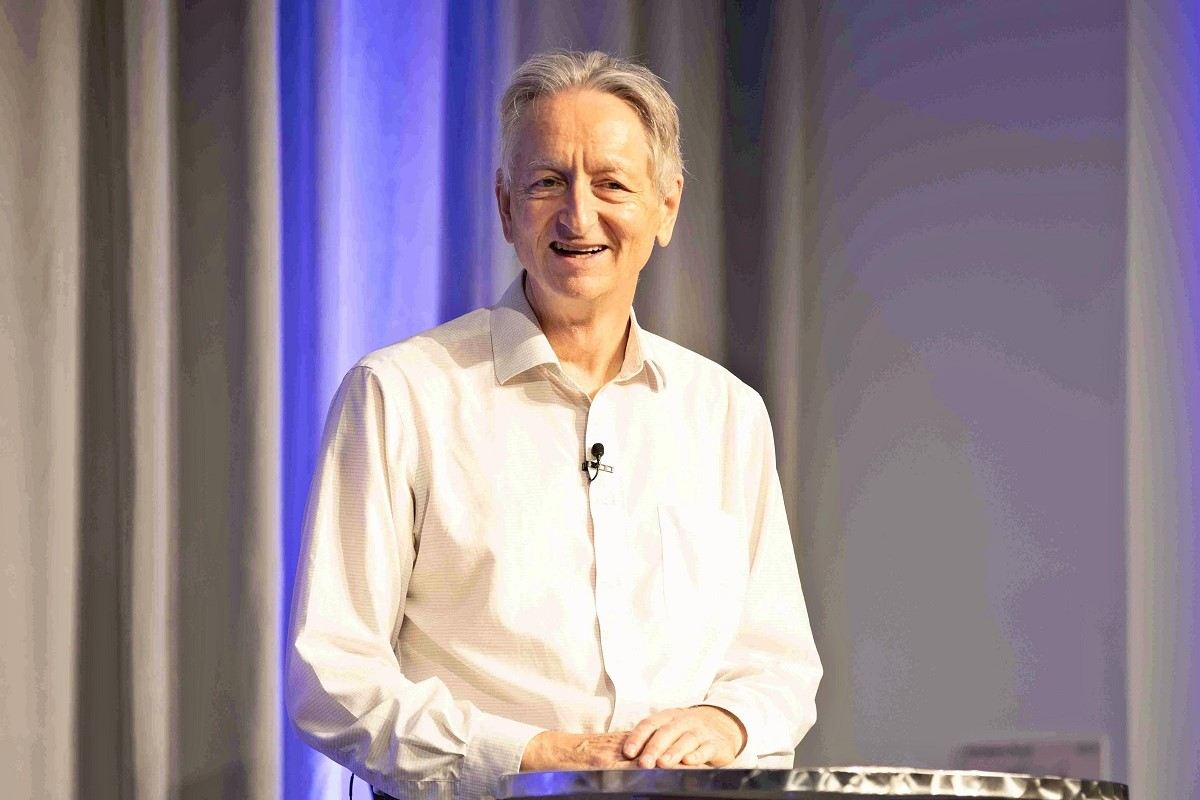
Geoffrey Hinton
14:19 JST, December 7, 2023
NEW YORK — Geoffrey Hinton, a leading researcher on artificial intelligence, has warned of the risks brought by rapid development of the technology in a written interview with The Yomiuri Shimbun.
Hinton, 75, professor emeritus at the University of Toronto, stressed the need for an international framework to examine AI safety, and international cooperation to regulate AI.
However, regarding regulation on AI, he noted, “It is very difficult because of the competition between big tech companies and between nations.”
“AI systems could rapidly come to outperform humans in an increasing number of tasks … They threaten to amplify social injustice, erode social stability, and weaken our shared understanding of reality that is foundational to society,” Hinton wrote in “Managing AI Risks in an Era of Rapid Progress,” a paper he co-authored.
Hinton, who is known as the “godfather of AI,” quit his job at Google LCC after some 10 years in May to spread awareness of the dangers of AI.
Hinton says that ChatGPT, developed by OpenAI Inc., can already store thousands of times more knowledge than the human brain, and that generative AI could surpass human capabilities in many respects by sometime in the 2020s or 2030s.
“Currently, we do not know how to deal with the existential threat of more intelligent digital beings taking over,” he said.
He expressed particular concern about the impact of generative AI on elections. “It will make it much easier for authoritarian governments to manipulate the electorate with fake news that is targeted to each individual,” he said.
With Taiwan and U.S. presidential elections set for 2024, concerns have been raised about manipulation of public opinion through disinformation. Fake videos have also been circulating about the conflict in Gaza.
To head off disinformation, Hinton said, “It would be very good to have legislation making it illegal to produce or share fake images or videos unless they are marked as fake. We already do this with currency.”
But, “ … the legislation will not happen in the U.S. because one of the major political parties has tied its fate to the successful propagation of fake news.”
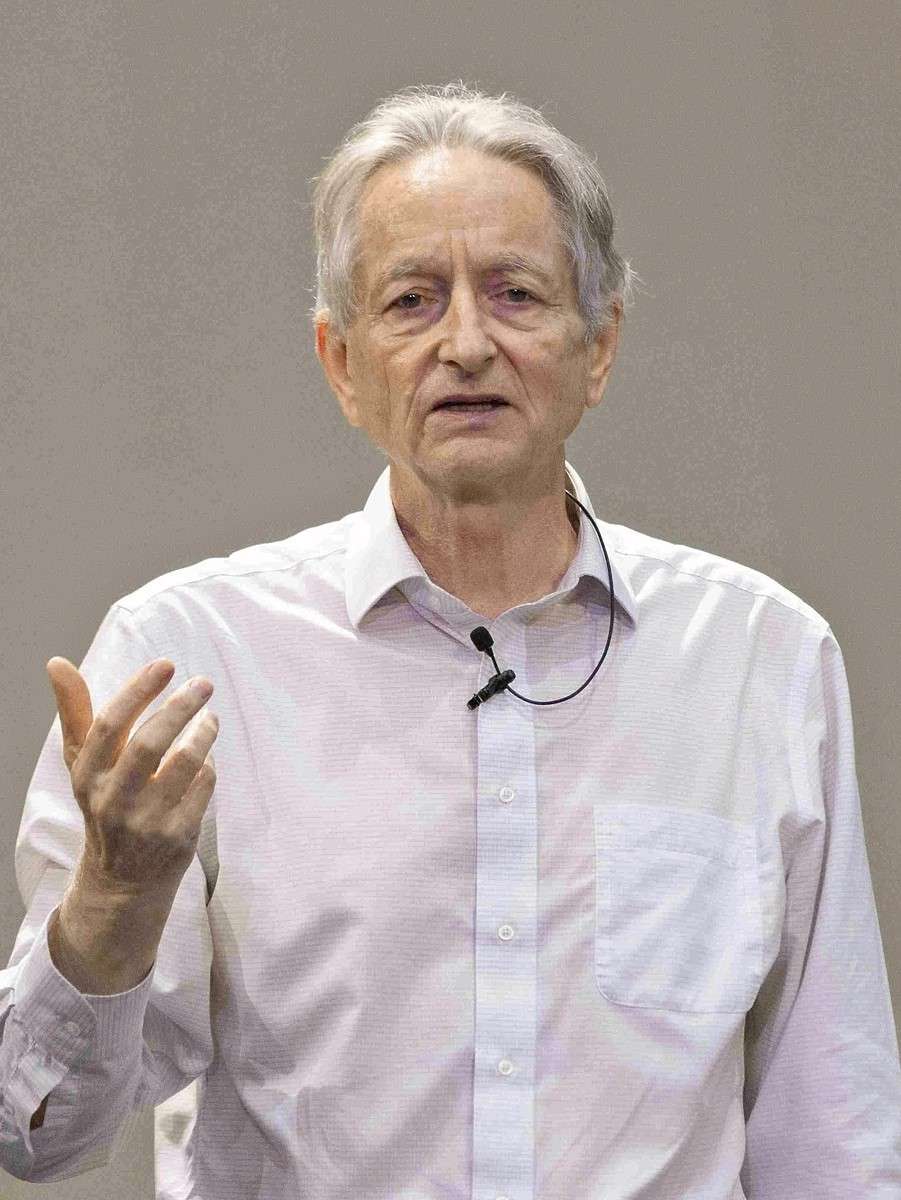
Geoffrey Hinton
Hinton pointed to military risks, too. Combat robots, he said, could “allow rich countries to invade poor ones more easily,” and he warned that the use of systems in which AI automatically sets and kills attack targets may make it impossible to control wars, leading to widespread harm.
He also said that although AI could benefit humans in areas such as earthquake prediction and medicine, it could take away human jobs and widen the gap between rich and poor.
Hinton believes AI could pose more immediate risk to humans than climate change.
To minimize risk, government agencies and other organizations need to take appropriate measures and put a halt to the global AI development race, he said. He added that current safety measures for AI are inadequate and humanity must reorient.
Top Articles in Science & Nature
-

Japan Institute to Use Domestic Commercial Optical Lattice Clock to Set Japan Standard Time
-

Space Mission Demonstrates Importance of International Cooperation, Astronaut Kimiya Yui Says
-

Japan to Face Shortfall of 3.39 Million Workers in AI, Robotics in 2040; Clerical Workers Seen to Be in Surplus
-

Record 700 Startups to Gather at SusHi Tech Tokyo in April; Event Will Center on Themes Like Artificial Intelligence and Robotics
JN ACCESS RANKING
-

Japan Institute to Use Domestic Commercial Optical Lattice Clock to Set Japan Standard Time
-

Israeli Ambassador to Japan Speaks about Japan’s Role in the Reconstruction of Gaza
-

Man Infected with Measles May Have Come in Contact with Many People in Tokyo, Went to Store, Restaurant Around When Symptoms Emerged
-

Prudential Life Insurance Plans to Fully Compensate for Damages Caused by Fraudulent Actions Without Waiting for Third-Party Committee Review
-

Woman with Measles Visited Hospital in Tokyo Multiple Times Before Being Diagnosed with Disease


